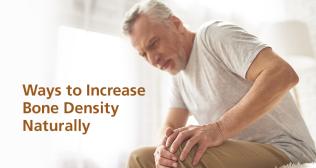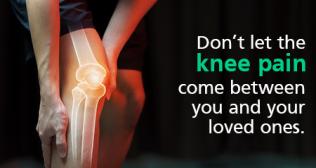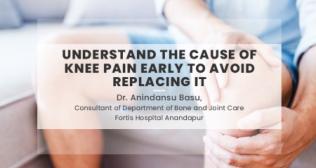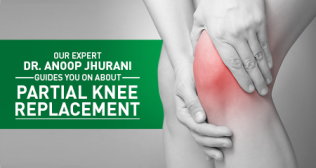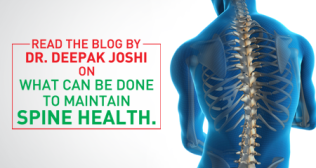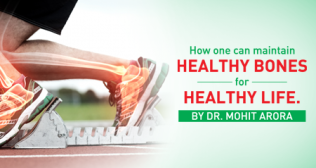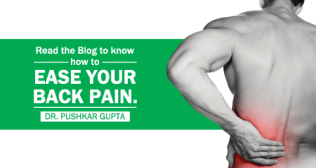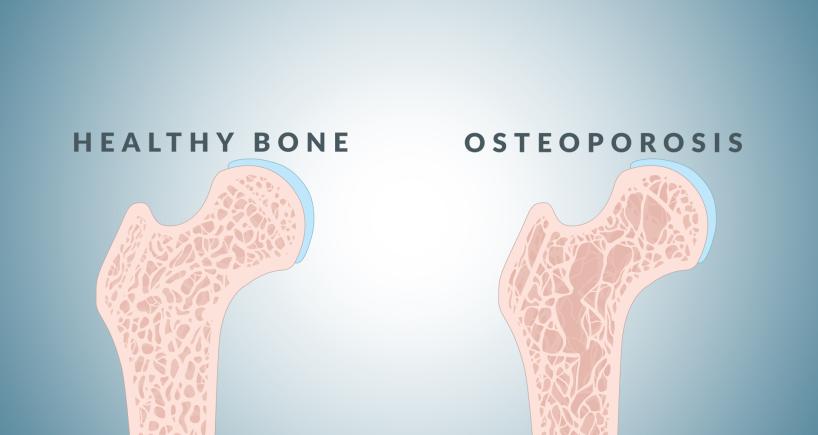
Osteoporosis: Prevention and Management
Osteoporosis is often referred to as the "silent thief" because it can progress without symptoms until a fracture occurs. It is a condition characterized by weakened bones and decreased bone density, making them more susceptible to breaks. Understanding the prevention and management of osteoporosis is crucial in maintaining bone health, particularly as we age.
Understanding Osteoporosis
Osteoporosis is a bone disease that occurs when the body loses too much bone, makes too little bone, or both. This results in bones becoming weak and brittle, so much so that a fall or even mild stresses such as bending over or coughing can cause a fracture. These fractures most commonly occur in the hip, wrist, or spine.
Risk Factors
Several factors can increase the risk of developing osteoporosis, including:
Age: Bone density peaks around age 30 and then starts to decline. The risk of osteoporosis increases as you age.
Gender: Women are more likely to develop osteoporosis than men, particularly postmenopausal women due to the drop in oestrogen levels.
Family History: A family history of osteoporosis or fractures can increase your risk.
Body Frame Size: Smaller body frames tend to have a higher risk because they might have less bone mass to draw from as they age.
Hormonal Imbalances: Low levels of sex hormones (oestrogen and testosterone) and other hormonal disorders can contribute to bone loss.
Dietary Factors: A diet low in calcium and vitamin D can lead to weaker bones.
Lifestyle Choices: Smoking, excessive alcohol consumption, and a sedentary lifestyle can increase the risk of osteoporosis.
Prevention
Preventing osteoporosis involves making lifestyle choices that promote strong, healthy bones from an early age. Here are key strategies for prevention:
Calcium and Vitamin D Intake:
Calcium: Aim for 1,000 to 1,200 milligrams of calcium daily through diet or supplements. Dairy products, leafy green vegetables, and fortified foods are good sources.
Vitamin D: Ensure adequate vitamin D intake (600-800 IU daily) to help your body absorb calcium. Sun exposure, fatty fish, and fortified foods are sources of vitamin D.
Regular Exercise:
- Weight-Bearing Exercises: Activities like walking, running, and dancing help build and maintain bone density.
- Strength Training: Lifting weights or using resistance bands can strengthen bones and muscles.
- Balance and Flexibility Exercises: Yoga and tai chi can improve balance and reduce the risk of falls.
Healthy Lifestyle Choices:
- Avoid Smoking: Smoking accelerates bone loss.
- Limit Alcohol: Excessive alcohol intake can interfere with the body's ability to absorb calcium.
- Healthy Diet:
Ensure a balanced diet rich in fruits, vegetables, lean proteins, and whole grains.
Avoid excessive intake of caffeine and salt, which can reduce calcium absorption.
Management
For those diagnosed with osteoporosis, management focuses on slowing bone loss, preventing fractures, and maintaining quality of life. Here are some management strategies:
Nutrition and Supplements:
Ensure adequate intake of calcium and vitamin D through diet and supplements as recommended by a healthcare provider.
Exercise:
Continue weight-bearing, strength training, and balance exercises to maintain bone health and reduce the risk of falls.
Fall Prevention:
Make home safety modifications to reduce the risk of falls, such as installing grab bars in the bathroom, improving lighting, and removing tripping hazards.
Use assistive devices if necessary to aid in balance and mobility.
Regular Monitoring:
Bone density tests (DEXA scans) can help monitor bone health and the effectiveness of treatments.
Regular check-ups with a healthcare provider to adjust treatments as necessary.
Osteoporosis is a serious condition that can significantly impact quality of life. However, through proactive prevention and effective management, it is possible to maintain strong, healthy bones and reduce the risk of fractures. A combination of a healthy diet, regular exercise, and appropriate medical interventions can help manage osteoporosis and preserve bone health throughout life. Regular consultations with healthcare providers are essential to tailor prevention and treatment strategies to individual needs.
Knee replacement surgery is considered a major procedure typically recommended when other treatments have failed to relieve severe knee pain and disability. Here are the key indications for considering knee replacement surgery:
Severe and Persistent Pain:
If you experience chronic and severe knee pain that persists despite conservative treatments such as medications, physical therapy, or lifestyle changes, knee replacement surgery might be necessary. This pain often disrupts daily activities, including walking, climbing stairs, and even sitting or lying down.
Chronic Inflammation and Swelling:
Long-term knee inflammation and swelling that do not improve with rest, medications, or other treatments can be a sign that the knee joint is severely damaged, making surgery a viable option.
Reduced Mobility and Stiffness:
Significant stiffness and a limited range of motion in the knee, making it difficult to perform everyday tasks, may indicate the need for knee replacement surgery.
Deformity:
Visible deformity of the knee, such as bowing in or out, can be a sign of severe joint damage that may be best addressed with surgery.
Failed Conservative Treatments:
When non-surgical treatments such as physical therapy, medications, weight loss, and assistive devices like braces or canes fail to provide sufficient relief, knee replacement surgery becomes a consideration.
Impact on Quality of Life:
If knee pain significantly affects your quality of life, including your ability to work, sleep, or engage in social and recreational activities, surgery may be the best option.
Advanced Osteoarthritis:
In cases of advanced osteoarthritis or other degenerative joint diseases where the cartilage in the knee is severely damaged or worn away, knee replacement surgery can help restore function and alleviate pain.
Previous Injuries:
Previous knee injuries that have led to chronic pain and dysfunction, and that have not responded to other treatments, may also necessitate knee replacement surgery.
Consulting with an orthopedic surgeon is crucial to evaluate your specific condition and discuss the potential benefits and risks of knee replacement surgery. The decision will be based on a comprehensive assessment of your pain, physical function, overall health, and the extent of joint damage.
Categories
Clear allMeet the doctor

- Orthopaedics | Orthopaedics
-
20 Years
-
1000







